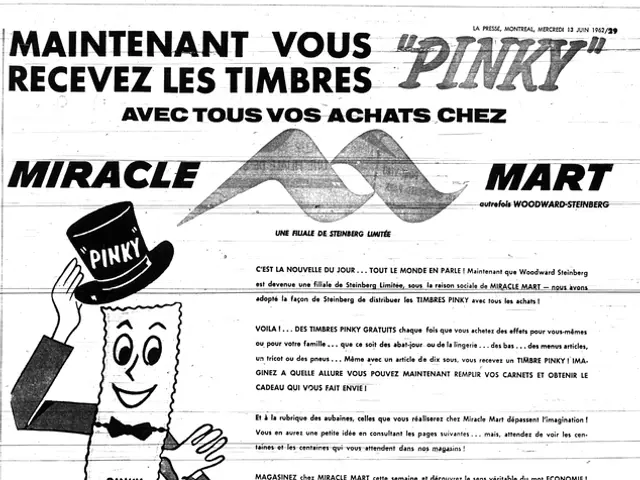Mastering the Highs and Lows of Different Screenwriting Genres
Successful screenwriting in the modern era requires adaptability and a deep understanding of various genres. To excel in drama, comedy, thriller, sci-fi, horror, action, romance, fantasy, documentary, and cross-genre appeals, focus on understanding the conventions and audience expectations of each genre while cultivating adaptable storytelling skills.
Key Approaches and Industry Examples
Genre Blending
Jordan Peele, a renowned filmmaker, exemplifies effective genre fusion by combining horror, comedy, thriller, and social drama to craft layered, compelling narratives. His work, such as Get Out and Us, demonstrates how mixing genres can enrich thematic depth and elevate audience engagement.
Deep, Dimensional Characters
Across genres, characters with authentic motivations and conflicts anchor your story’s emotional core. Peele's protagonists, for instance, reflect personal and cultural struggles, making them memorable and relatable.
Script Study
Reading existing scripts tailored to specific genres (available on platforms like Simply Scripts) sharpens your understanding of dialogue, pacing, tension, and genre-specific beats.
Consistent Writing Practice
Industry tips include writing steadily (e.g., one page per day) to build a first draft, then revising with genre-specific considerations in mind. This disciplined approach helps adapt to genre demands and refine tone.
Understanding Problem-Solving through Characters
Screenwriting experts John August and Craig Mazin emphasize showing how characters tackle obstacles, a technique crucial for genres like thriller and action, where conflict drives momentum.
Tailoring Script Style to Medium and Genre
Techniques may differ by genre and format. For example, plays adapted to screen require different descriptive detail and dialogue style, while documentaries necessitate a focus on real-life storytelling and factual integrity.
Additional Considerations
Horror/Thriller Writers and Audience Understanding
Horror and thriller writers often incorporate marketing and audience understanding to cater scares and suspense effectively.
Learning from Cross-Genre Projects
Engaging with cross-genre projects encourages innovation while respecting structural basics of each genre.
Tips for Specific Genres
Documentaries
- Engage audiences through interactive content.
- Personal stories are often the heart of a great documentary, evoking empathy and connection.
- Present facts engagingly, weaving them into a narrative with a clear arc.
Romance
- The chemistry between characters is essential, but conflict is crucial in great romance, making it feel real and providing opportunities for character growth.
- Balance chemistry with conflict to create a compelling romance.
Action
- Write action sequences with a clear sense of pacing, employing fast and slow beats.
- Utilize diverse environments to support dynamic action scenes.
Fantasy
- Blend the familiar with the fantastic to make your fantasy world both vivid and accessible.
- Weave essential backstory and context seamlessly in fantasy stories.
- Ensure characters are multifaceted, able to move seamlessly across genre-specific challenges.
Market Considerations
Staying Informed
Stay informed on what genres are selling to tailor your story for market success.
Cross-Genre Appeal
Cross-genre appeal is important in today's screenwriting landscape. Offer new narrative angles or unexpected plot twists to set your work apart.
Continued Learning
Workshops and Writers' Groups
Engage with workshops or writers' groups to stay ahead of emerging trends and narrative techniques.
By incorporating these insights, screenwriters can propel their storytelling to new heights, ensuring their screenplay captivates and compels in any setting. Focus on universal themes to ensure your story remains relatable and accessible, and engage with genre expectations while keeping audiences intrigued.
- Successful screenwriting often involves mastering the art of genre blending, as demonstrated by Jordan Peele's work in combining horror, comedy, thriller, and social drama.
- Learning from cross-genre projects encourages innovation while respecting structural basics of each genre, providing value for writers looking to expand their skillset.
- In documentary writing, understanding how to engage audiences through interactive content, emotional storytelling, and presenting facts in an engaging narrative arc can lead to captivating and impactful work.








